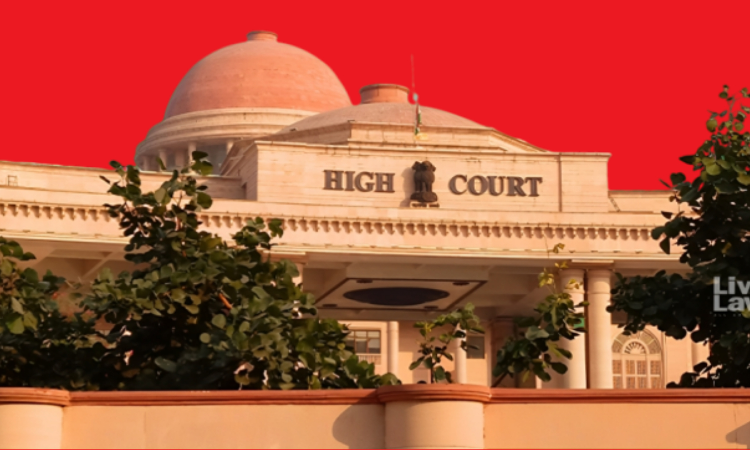The Allahabad High Court last week granted bail to one Mohammad Tariq Qashmi who was arrested in december 2007 on the allegation of possessing 1.25 Kg of RDX and three detonators. Qashmi is also an accused in 2007 serial blasts case that targeted courts in Lucknow, Banaras and Faizabad districts of the state.The bench of Justice Attau Rahman Masoodi and Justice Saroj Yadav ordered his release...

